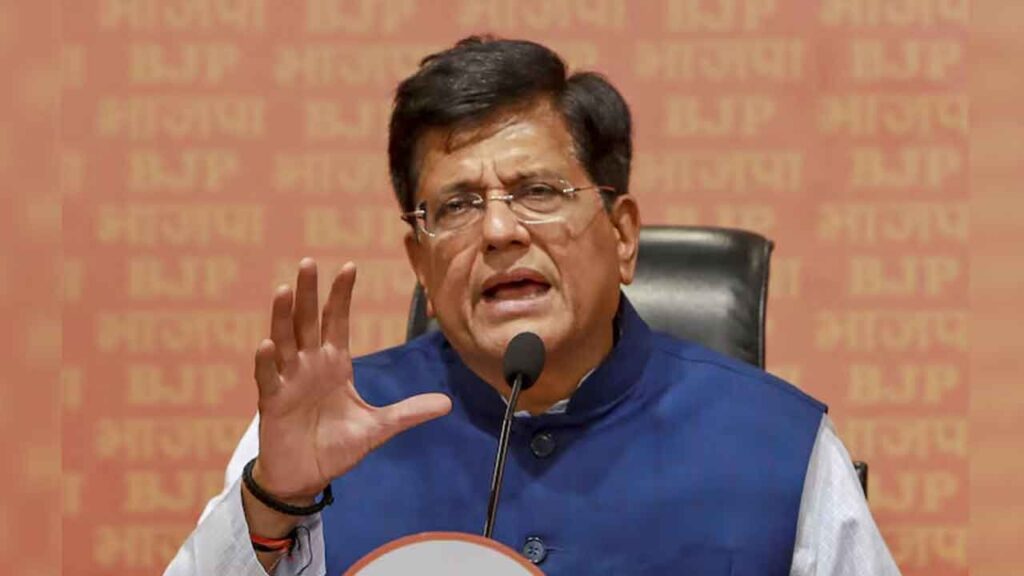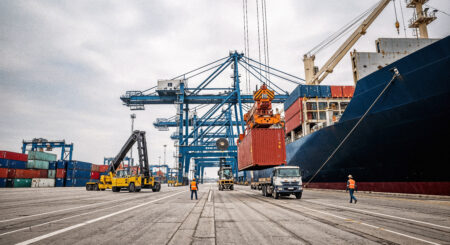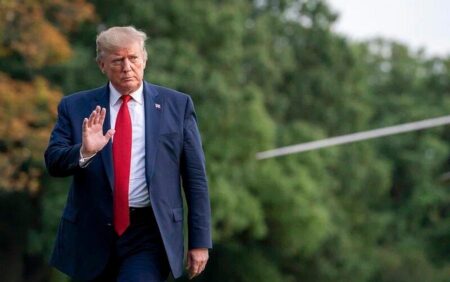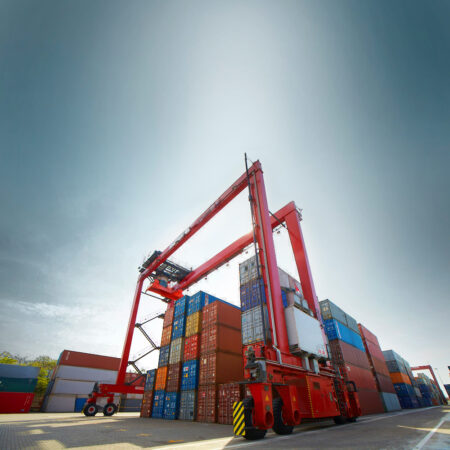Piyush Goyal announces surge in Quality Control Orders (QCOs), pushes unified high-quality standards for domestic and global markets.

In a strong push toward global quality leadership, Union Minister of Commerce and Industry Shri Piyush Goyal revealed that India has increased its Quality Control Orders (QCOs) from just 14 in 2014 to 156 today, covering 672 products. Speaking at the 75th anniversary celebration of SGS in India, the minister reaffirmed the nation’s commitment to setting world-class quality standards across industries.
Goyal stressed that this transformation aligns with the Prime Minister’s “Zero Defect, Zero Effect” vision—calling for not just flawless quality but also sustainable manufacturing practices. “India is not just upgrading products; we’re building a reputation for trust,” he said.
Highlighting the next steps, he urged industry stakeholders to:
- Identify testing needs, especially with BIS funding support available.
- Support MSMEs to meet international standards.
- And involve startups, academia, and innovators to strengthen India’s quality ecosystem.
Goyal outlined the country’s journey toward a single, unified quality standard for both domestic and international markets. “We are moving away from maintaining separate quality standards for domestic and export markets. In the future, there will be only one unified, high-quality standard that will represent Indian excellence both at home and globally,” he asserted.
Historically reliant on foreign standards, India is now developing its own robust frameworks through institutions like BIS, FSSAI, and the Quality Council of India, all working in sync. The minister also extended an open invitation to industries needing cutting-edge testing infrastructure, promising 100% BIS funding for world-class labs.
“Every certificate must carry the trust of 140 crore Indians,” he remarked, underlining the importance of transparency and automation in test results. He further advocated for lab-wide accreditation and a greater shift to third-party certification, while warning that trust must never be compromised.
To reduce the burden on manufacturers, Goyal announced that testing fees across BIS and NTH labs will be slashed by 50%, encouraging private labs to follow suit as scale increases.
Recognising SGS’s legacy in India since 1950, he praised the company’s role in building a culture of quality and expressed confidence that it would continue to play a vital role as India enters Mutual Recognition Agreements (MRAs) with Switzerland and other EFTA countries. The recently signed Free Trade Agreement with these nations, he noted, will rely on mutual trust in inspection and compliance systems.
India’s march toward global quality leadership, Goyal affirmed, is not just about compliance; it’s about trust, credibility, and building products the world can rely on.
Source: PIB











